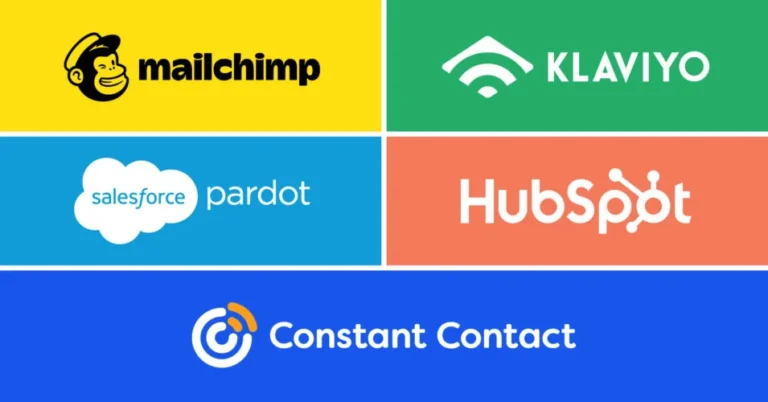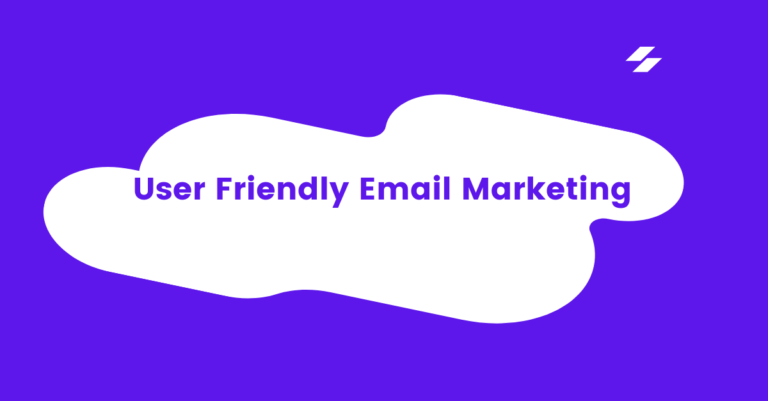![]()
![]()
![]()
specific marketing platforms suitable for small businesse
Introduction to Small Business Marketing
Marketing is essential for small businesses because it helps them establish their brand presence, reach out to potential customers, and compete with larger companies. However, not all businesses have the budget to invest in expensive marketing campaigns, which is where specific marketing platforms come into play.

Why Small Businesses Need Specific Marketing Platforms
Small businesses often have limited resources and staff, making it challenging to manage all aspects of marketing. Specific marketing platforms can streamline processes, automate tasks, and help small businesses reach their target audience more effectively. These platforms are affordable, user-friendly, and often come with built-in tools to enhance marketing strategies.
Benefits of Using Marketing Platforms for Small Businesses
There are several key benefits to using marketing platforms:
- Cost-effectiveness: Many marketing platforms offer free versions or affordable plans.
- Ease of use: These platforms are designed for small business owners with little to no marketing experience.
- Scalability: As your business grows, many platforms allow you to scale up without a steep learning curve.
- Analytics: Access to analytics helps you track performance and make data-driven decisions.
Criteria for Choosing a Marketing Platform
When choosing a marketing platform for your small business, consider the following factors:
- Budget: Some platforms offer free tiers, while others require a subscription.
- Ease of use: Pick platforms with intuitive interfaces that don’t require technical expertise.
- Features: Ensure the platform offers the features you need, such as social media management, email marketing, or analytics.
- Scalability: Choose a platform that can grow with your business.
Best Social Media Platforms for Small Businesses
Social media is a powerful tool for small businesses to engage with customers, promote their products, and build a community around their brand.
With over 2 billion active users, Facebook is a must for small businesses. It offers a wide range of tools, including ads, groups, and pages, that allow you to target specific demographics and promote your products to a massive audience.
Ideal for businesses with a visual focus, Instagram lets you showcase your products through high-quality images and short videos. Instagram Stories, Reels, and Instagram Shopping are also great features for small businesses.
If your business is B2B, LinkedIn is the perfect platform to connect with other businesses and professionals. LinkedIn Ads can help you reach a targeted, professional audience, making it a valuable tool for networking and lead generation.
Email Marketing Platforms for Small Businesses
Email marketing remains one of the most effective ways to reach customers directly.
Mailchimp
Mailchimp is popular due to its free plan, which is perfect for startups. It offers a drag-and-drop email builder, automation tools, and analytics to help you manage campaigns easily.
Constant Contact
With Constant Contact, you get an easy-to-use platform that allows for detailed email campaigns and offers customer support, making it ideal for small business owners.
Sendinblue
Sendinblue combines email marketing with SMS marketing, providing businesses with multiple ways to connect with customers.
Content Marketing Platforms for Small Businesses
Content marketing can help small businesses establish authority in their industry and drive organic traffic to their website.
WordPress
WordPress is a popular content management system (CMS) used by businesses to build blogs and websites. Its versatility and wide array of plugins make it a top choice for content marketing.
HubSpot
HubSpot offers content marketing tools integrated with CRM software. It helps businesses generate leads, optimize content for SEO, and track performance.
Medium
Medium is a free platform that allows small businesses to publish content and reach a broader audience. It’s ideal for businesses that want to share thought leadership and stories.
Search Engine Marketing Platforms
Search engine marketing (SEM) platforms allow small businesses to target potential customers through paid advertising.
Google Ads
Google Ads offers pay-per-click (PPC) advertising, allowing small businesses to bid on keywords and display their ads to users who search for related products or services.
Bing Ads
While not as large as Google, Bing Ads can still provide a solid return on investment, especially since the competition is lower, which means cheaper clicks.
Analytics Platforms for Small Businesses
Data-driven marketing is essential for making informed decisions.
Google Analytics
Google Analytics is the go-to platform for tracking website traffic, user behavior, and conversion rates. It’s a must-have for small businesses looking to optimize their online presence.
Moz
Moz offers tools for SEO analysis, keyword research, and link building. It’s perfect for small businesses aiming to boost their organic search rankings.
SEMrush
SEMrush combines SEO, PPC, and content marketing tools into one platform, providing a comprehensive solution for businesses looking to improve their digital marketing strategies.
eCommerce Platforms for Small Businesses
For businesses that sell products online, choosing the right eCommerce platform is critical.
Shopify
Shopify is user-friendly and perfect for small businesses looking to set up an online store. It offers numerous themes and apps to customize your site.
BigCommerce
BigCommerce is a powerful platform that provides more features out of the box than Shopify, including SEO and multi-channel selling tools.
Wix
Wix is a website builder with an eCommerce component, offering drag-and-drop customization and mobile optimization.
Local SEO Platforms for Small Businesses
If your business has a physical location, local SEO platforms can help you appear in relevant local searches.
Yelp
Yelp is a platform where customers can leave reviews, and businesses can respond. It’s essential for small businesses relying on word-of-mouth marketing.
Google My Business
Google My Business allows you to manage your business’s online presence across Google, helping you appear in local search results and on Google Maps.
BrightLocal
BrightLocal helps you manage local SEO efforts, track rankings, and monitor online reviews, making it ideal for location-based businesses.
Automation Platforms for Small Businesses
Automation can save time and improve efficiency, allowing small businesses to focus on growth.
Zapier
Zapier automates repetitive tasks by connecting different apps, which is perfect for small teams needing to streamline workflows.
Hootsuite
Hootsuite allows you to manage all your social media platforms in one place, schedule posts, and analyze performance.
Influencer Marketing Platforms
Influencer marketing is a powerful tool for small businesses looking to reach new audiences.
Upfluence
Upfluence helps businesses identify influencers in their niche and manage campaigns efficiently.
AspireIQ
AspireIQ connects businesses with content creators to launch influencer marketing campaigns, making it ideal for small businesses wanting to leverage influencer partnerships.
Affiliate Marketing Platforms for Small Businesses
Affiliate marketing is a great way to promote your business through a network of affiliates.
CJ Affiliate
CJ Affiliate allows businesses to connect with publishers who will promote their products in exchange for a commission.
ShareASale
ShareASale is an affordable affiliate marketing platform that connects businesses with affiliate marketers to increase sales.
Conclusion
Choosing the right marketing platform for your small business is critical for growth. By leveraging these tools, you can maximize your reach, engage with your audience, and grow your brand without a huge marketing budget. Whether you’re focusing on social media, email marketing, or SEO, there’s a platform that can meet your needs.



